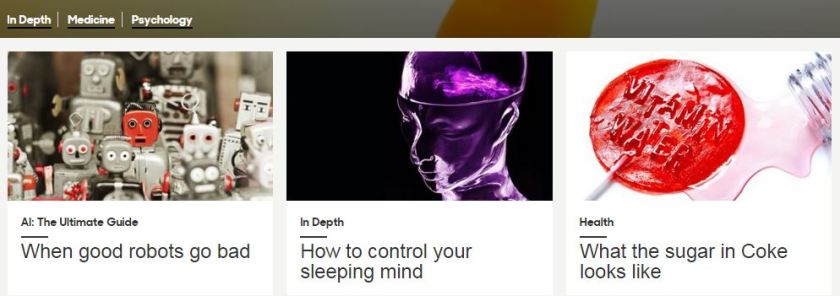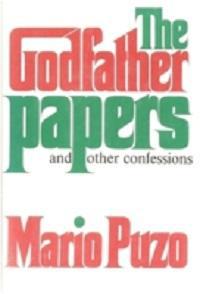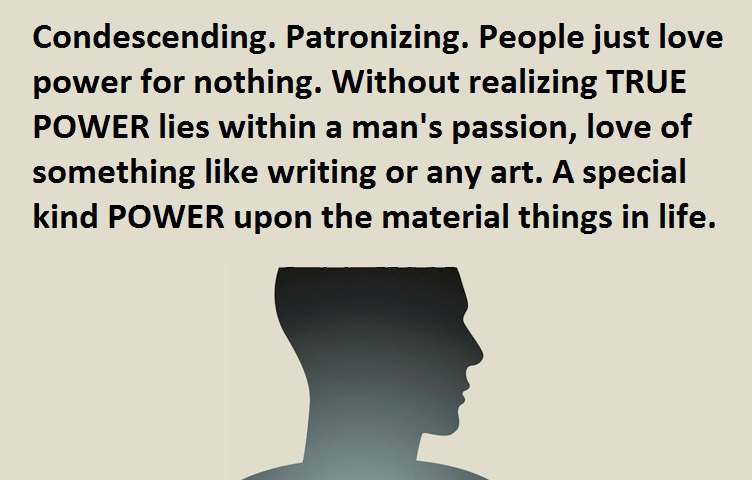I earn about 100,000 Pesos on YouTube in a month even without my own video. Meaning. I do not have a camera in use. How? This is it.
Before my YouTube channel became a travel and food venue, it became a news channel. The ones I upload are the videos from PCOO, RTVM and PTV. In those times, 2016 – 2017, I was earning an average income of 50K a month. It then increased when the video went viral, or news video.
For example, my video that went viral, which received 2 million views within just 24 hours, was the video at the Senate hearing with Ex Davao City Vice Mayor Paolo Duterte and Ex Senator Antonio Trillanes IV.
Of course in those days it became a hot topic because these two people were rivals in politics. This is one of my videos that has gained 2 million views in just 24 hours. My other videos come from PCOO and RTVM as well. I asked permission to RTVM and was given approval to use their videos as long as I will give them credit. If you would like to see a screenshot of our email between RTVM and me, here is the screenshot: https://imgur.com/XiSNywf
However, after more than a year YouTube has demonetized by channel because I violate YouTube’s laws, their community standards. But I was given the chance to review or delete videos that I don’t own. So since then, I deleted all the news videos from PCOO and RTVM.
And that’s where I started my travel and food vlog. And that’s where the monetization of this channel was restored.
I made this bid in October 2018. I bought it a few months back because I love travel and food all over my channel. But ….
Because to this day many people ask me how much I earn. And asked me to teach them how to make money on YouTube.
So I will upload this video so I can teach you and answer your questions.
SO IF YOU WANT TO know how much you will earn when your video reaches 1 MILLION views ON youtube, aND how much you earn in a month, also read this post: How to earn 100K Pesos in 3 days in Youtube. That is an updated post.



